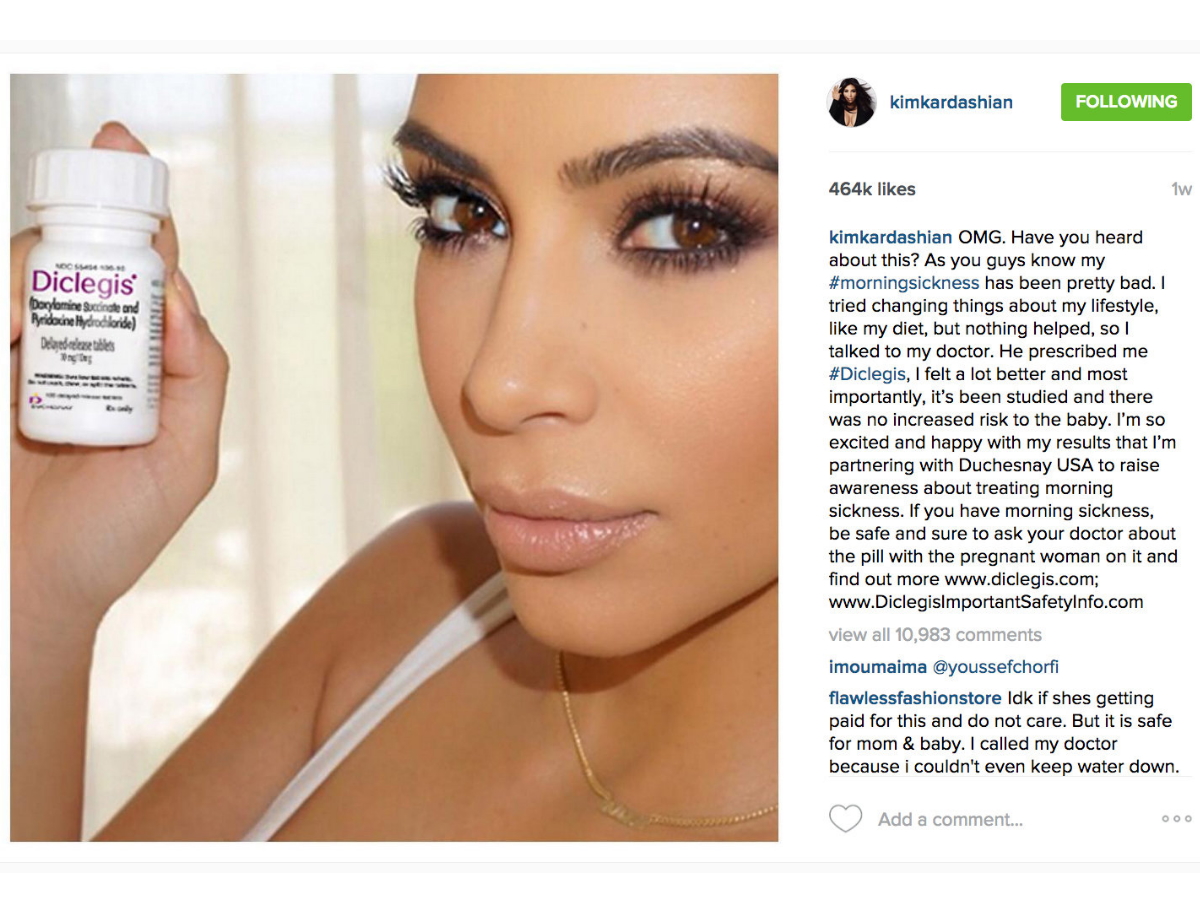In January, the Australian Competition and Consumer Commission (ACCC) announced it was leading an investigation into influencers who failed to disclose links to companies and products they promoted.
The watchdog had received 150 tip-offs from the public and the majority of those under the official microscope were influencers in beauty, fashion and lifestyle on TikTok and Instagram.
The Federal Trade Commission (FTC) in the US started taking a tougher attitude to influencers who did not disclose sponsored posts in 2020. Last year, Kim Kardashian was fined for bypassing advertising disclosure rules to promote a morning sickness drug.
The French are going way beyond Australian and US efforts when it comes to lifestyle influencers. The DGCCRF – France’s consumer affairs and fraud control authority – recently released a report that revealed that out of 60 French agencies and influencers it investigated, 60 per cent did not provide information about ties to companies and products.
But online trading influencers have also come under scrutiny in France and Australia. Last year, the Australian Securities Investment Commission (ASIC) started to target so called “finfluencers” who specialise in investment advice and also talked about introducing fines and jail time.
The DGCCR has formulated new measures to deal with influencers flouting the law. In the first instance, offenders who fail to disclose a commercial relationship will be given an official warning. But the ultimate penalty for continuing to do so will be fines of up to 300,000 euros(AUD$482,690) and/ or a maximum two-year prison sentence.
Although draconian, the new procedures will be hard to police as other countries have discovered.
The Advertising Standards Authority (ASA), the UK’s advertising regulator, officially defines an influencer as – “anyone who has been paid by a brand to advertise a product on their own social media, because of their social media influence”.
However, this definition only covers direct payments by brands and companies to influencers and does not take cash or products into consideration. The French authorities are also particularly concerned about influencers who promote nutrition and health claims attached to a product because they can promote opinions that are not backed by science.
Read the current issue of our digital magazine below:
- For more news and updates, subscribe to our weekly newsletter
- Follow us on Instagram
- Like us on Facebook
- Connect with us on LinkedIn

